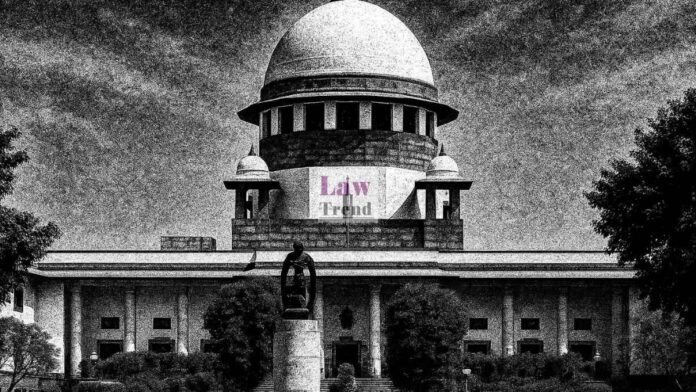The Supreme Court of India, in a significant ruling on procedural law, has dismissed a Special Leave Petition (SLP), holding that filing a second SLP challenging a High Court order, against which a previous SLP has already been dismissed, is an “abuse of process of Court.” A bench comprising Justice Manmohan and Justice N.V. Anjaria
To Read More Please Subscribe to VIP Membership for Unlimited Access to All the Articles, Download Available Copies of Judgments/Order, Acess to Central/State Bare Acts, Advertisement Free Content, Access to More than 4000 Legal Drafts( Readymade Editable Formats of Suits, Petitions, Writs, Legal Notices, Divorce Petitions, 138 Notices, Bail Applications etc.) in Hindi and English.




